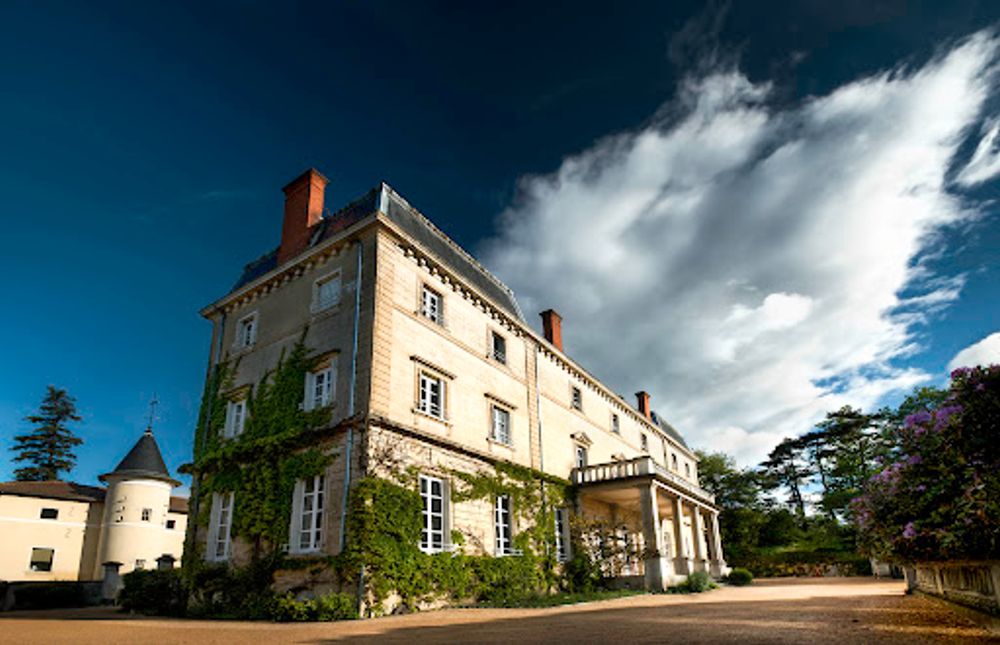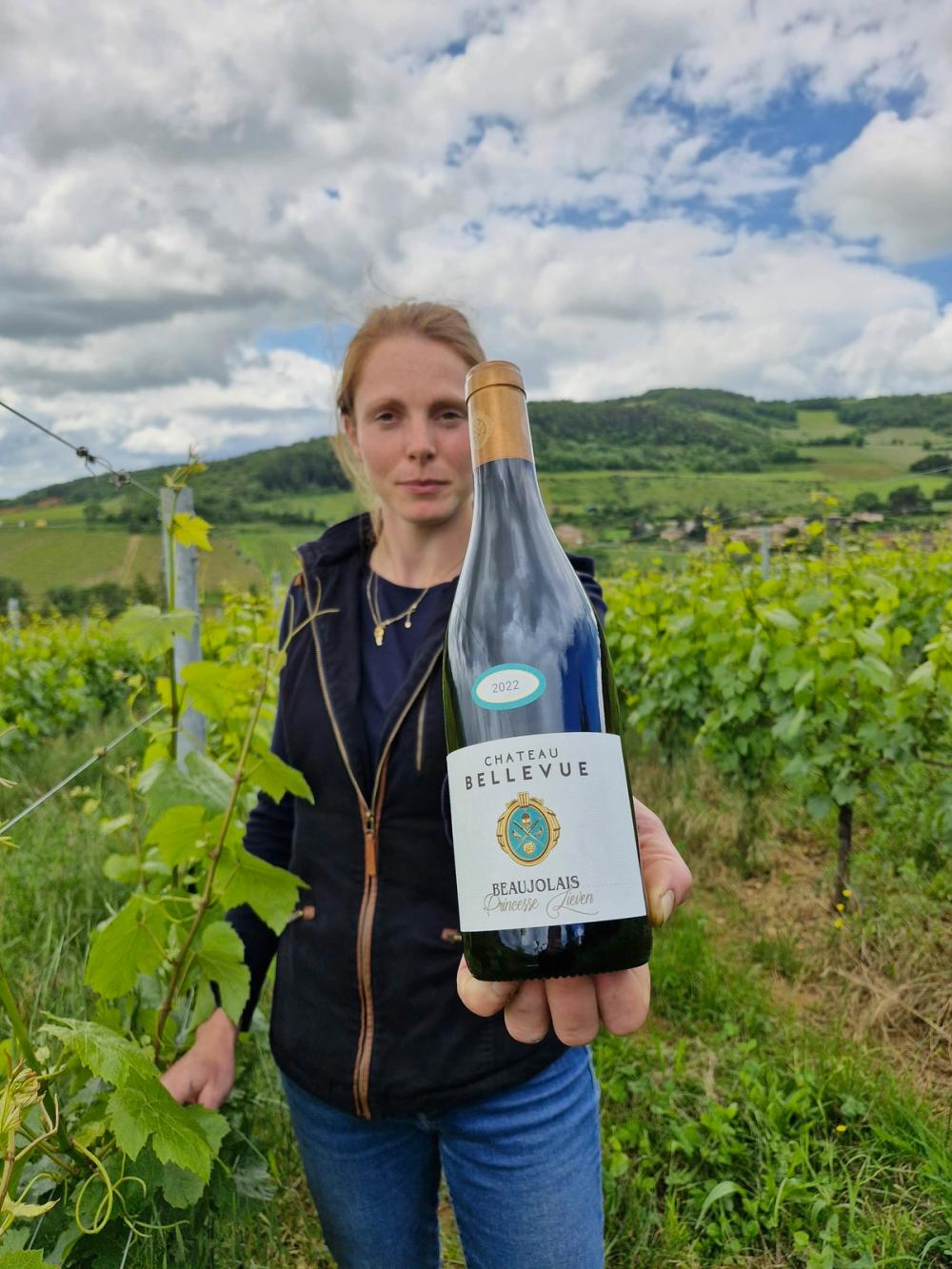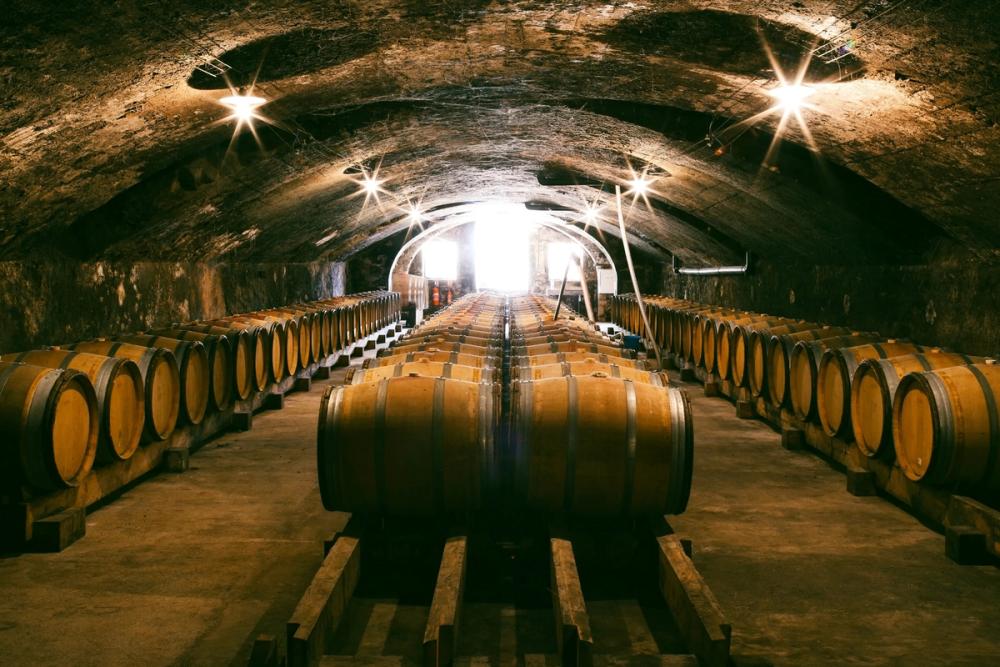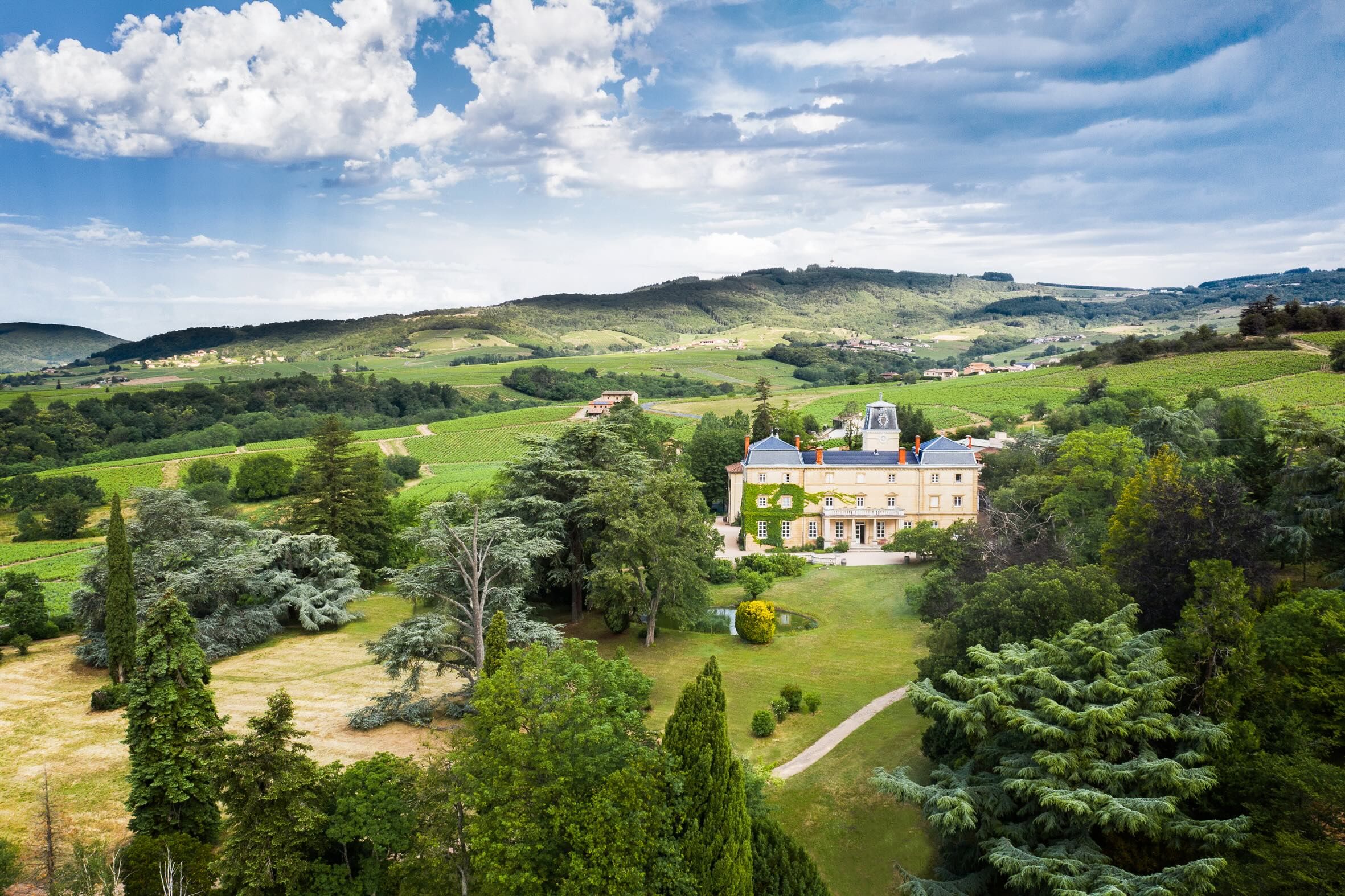Relationships have always been at the heart of Hayward Bros., which has built its reputation on long-standing partnerships with producers who share its goals and values. Following its recent acquisition by Jeroboams Group, the combined team is committed to preserving and strengthening these trusted relationships, including Hayward Bros.’ role as the UK agent for Château Bellevue — a cornerstone of its Beaujolais portfolio for more than a decade.
Run as an independent estate, the boutique Beaujolais winery, Château Bellevue, produces some of the finest wines in Morgon and boasts an impressive, state-of-the-art winery that blends the best of Beaujolais’ traditions with 21st-century innovation.
London-based importer Hayward Bros. has been Château Bellevue’s sole UK agent for the past 11 years. The relationship, built on shared values and a long-term strategy, continues to go from strength to strength, says managing director Robert Hayward.
“Château Bellevue needed a UK partner with a reputation for quality-driven French wines - and, as part of Jeroboams Trade, we now have even greater ability to showcase these wines across the UK,” says Hayward.
“The two businesses share similar aspirations and a belief in the best way to achieve the goals set out. We are both family businesses focusing on the mid-range for wines, where real quality exists and anyone enjoying the wines always comments on just how good they are.”
According to Loron’s commercial director Gregory Large, the estate’s philosophy has always been about combining heritage with innovation: “Our mission is to make high-premium wines and to encourage customers to rediscover the Beaujolais area,” he explains.
This approach marked a deliberate shift away from the days when the UK was flooded in the 1980s and 1990s with too much cheap Beaujolais Nouveau.
“We decided at the beginning of the 21st century to focus our attention on our unique terroir,” adds Large “Domaines Loron values stability and shared vision — which makes the continuation of this partnership under Jeroboams Trade an exciting step for both businesses.”
A step change

Château Bellevue has been working with Hayward Bros. for 11 years in the UK
Beaujolais’ transformation has also been supported by a significant step taken by the region’s generic body, Inter Beaujolais, which invested heavily into a seven-year geological analysis of its soils between 2010 and 2017. This resulted in the creation of a detailed map outlining the nature of the terroir in the various regions and unlocking a new understanding of vineyard potential.
“It was a huge investment, but it was the starting point for a new mind set for the area. It was a very worthwhile investment, and the start of the new style of wines we now see being made,” says Large.
“Over 20,000 holes were made in the vineyards by the geologists to create this map,” he explains “and they discovered we have over 300 different soil types in Beaujolais.”
Armed with this vital - and game-changing - knowledge, winemakers were soon able to exploit the different soil types to their advantage, with Château Bellevue particularly well placed to benefit.
“Nowadays, if you want to buy a parcel of vineyard in Beaujolais you know exactly what the soil is comprised of.”
Situated in Morgon, one of the most famous appellations for Cru de Beaujolais this research has been transformative. Bellevue’s 24 hectares of vines, now owned by Maison Jean Loron, have become a flagship for the new wave of Beaujolais wines.
“It’s now all about parcel selection and parcel vinification. We have different cuvées which each respect the unique terroirs of appellation Morgon.”
Organics and sustainability

Château Bellevue’s winemaker Élodie Rousselot
Château Bellevue’s winemaker, Élodie Rousselot, tailors her approach to the individual climats, adapting techniques and ageing to express each terroir authentically. Château Bellevue is steadily moving towards organic certification, with around half its production already organic.
“It is a long-term investment,” says Large. ‘We’ve had to change the way we farm and restructure the vineyards. Consumers are looking for this and our goal is to produce as much organic as we can.”
However, a vineyard must be 100% organic before it can claim full organic certification, and Large believes it will be another 10 – 15 years before Chateau Bellevue will be in that position.
Export manager Jean-François Chabot adds that sustainability extends beyond viticulture, covering water use, winery techniques, and distribution models.
The biggest challenge in moving towards an entirely organic production is the replanting of the vineyards, says UK market manager, Vivian Eglin.
In Beaujolais, producers traditionally plant vineyards with between 8,000-10,000 vines per hectare. However, under organic production methods, producers are restricted to a maximum of around 6,000 vines per hectare, enabling them to manage the vineyards better than via the conventional method.
“So, you end up with a less dense vineyard compared to the traditional method of planting, and while you can produce the same volume as with traditional farming, production will be smaller. We produce less because we want to make a better-quality wine,” she says.
Château Bellevue’s current levels of production are around 50hl per hectare, and Eglin believes this output will remain fairly consistent in the coming years.
“In Beaujolais we are producing lower volumes compared to 30 years ago. But winemakers now have the understanding, the soils, and the vineyards needed to craft wines of real depth and complexity — wines that deserve to be compared with the best from across France.”
Consumer appeal
While awareness of new-wave Beaujolais is growing, changing consumer perceptions will take time, says Large.
“The UK trade is well educated and increasingly understands the quality Beaujolais offers,” he notes, “but we still need to get more people tasting the wines to showcase their breadth and potential.”
To this, Hayward adds: “We’ve noticed a real shift towards lighter red wines, where there is freshness and elegance but still plenty of character. That plays beautifully to Beaujolais’ strengths, and the recent duty changes make these styles even more attractive.”

Cave Réduite at Château Bellevue
Beaujolais has also benefited from the rise in demand for artisan and natural wines, with experimental winemaking drawing attention from new-generation drinkers. Where amongst UK consumers aged over 55, whose perception of Beaujolais is tainted by memories of Beaujolais Nouveau, “this newer focus on quality and the role of terroir in Beaujolais has found a connection with younger consumers’ tastes”, says Hayward.
Eglin explains: “Lots of trendy restaurants and specialist importers are now working closely with Beaujolais because it still has that authentic, rural image that appeals to younger audiences.”
“The natural wine trend is definitely beneficial for Beaujolais. At one time land in the region was pretty cheap, so people who wanted to start experimental wineries would buy there,” says Eglin. “Prices have since gone up, but producers are still concentrating heavily on natural wines and trying different things which we are seeing traction with specialized wine shops in Paris and Lyon, which appeal to young consumers.”
Large also believes there is untapped potential for Beaujolais in the premium on-trade as it is such a great wine to match with food.
“The style of wines really appeals to younger drinkers,” he says. “In the past Beaujolais was a simple fruit, easy to drink, but nowadays it is a very full fruit with a lot of complexity in the mouth. They are great wines you can drink with lunch or dinner but also as an aperitif. The Beaujolais of today offers a wine for every occasion.”
Export markets
Château Bellevue currently exports around 40% of its production, with Belgium as its largest market, followed by the UK, US, China, and Canada. Sweden, Ireland Russia and the Netherlands also feature in the top ten export destinations.
“We’re growing everywhere, step by step,” says Chabot. “This isn’t about chasing volume at any cost; it’s about building strong relationships.” He continues, “we want to ensure we have the right partner in place to build up our image and a reputation for quality.”
As Jeroboams celebrates its 40th anniversary, the integration of Hayward Bros. into Jeroboams Trade marks a new chapter of quality-driven, service-led distribution. For Château Bellevue and Domaines Loron, it provides a stronger platform to reach premium customers nationwide while preserving the trusted, personal relationships that have underpinned its success in the UK.
Chabot finishes by saying: “It is why Domaines Loron has so much respect for the work that Hayward Brothers and Jeroboams are doing in the UK. We are keen to build long lasting relationships with our partners to build something stable and solid, with people who share our vision and have the same approach towards premium Beaujolais.”
* You can find out more about Château Bellevue at its website here.
* Jeroboams Trade is a commercial partner to The Buyer. Click here to find out more.






























